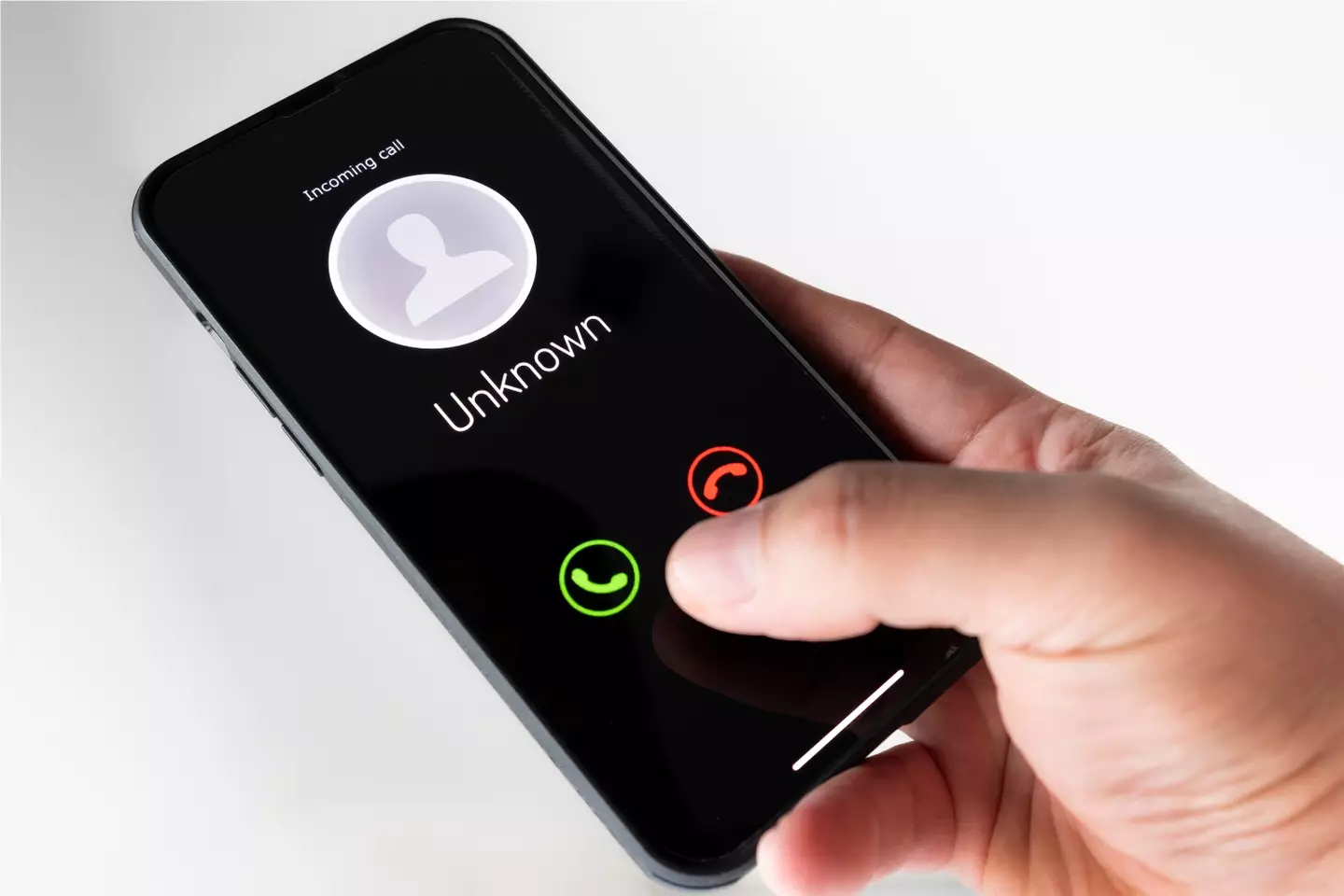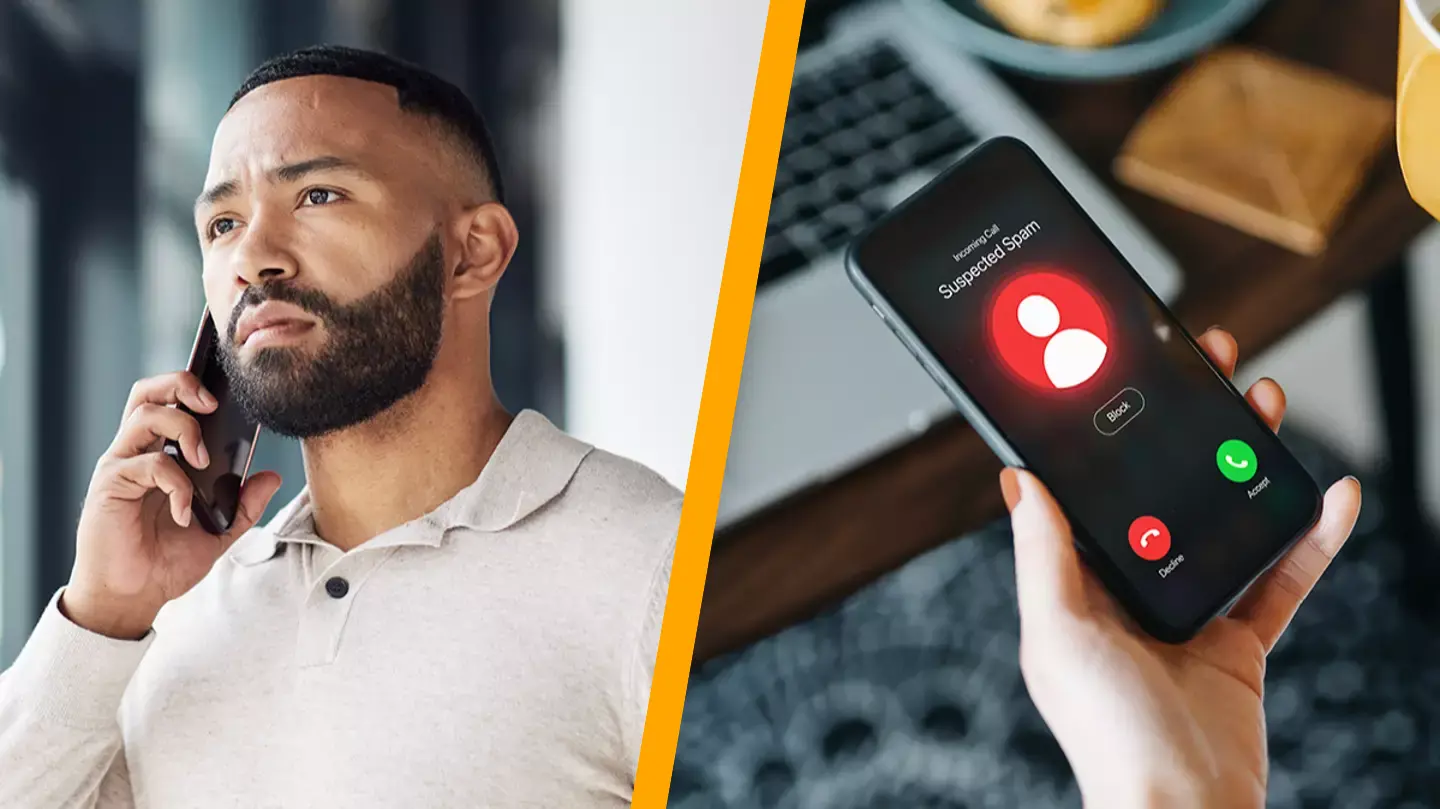Be cautious of a particular four-word phone scam next time an unfamiliar number appears on your caller ID.
When you see an unknown caller, it’s common to feel a surge of anxiety. You might instinctively hit the silent button, and if there’s no voicemail, you move on, trying to forget the unsettling experience of a potential conversation with a stranger. Is that relatable, or is it just me?
If you muster the courage to answer such calls, be wary of a question asking if you can ‘hear’ them. This should raise immediate red flags.
According to Reader’s Digest, phone scams have surged by a significant 118 percent over the last year.
While many are adept at spotting scam texts or phishing emails, identifying fraudulent phone calls can be trickier.
First Orion has noted that millions of Americans have been targeted by phone scammers utilizing AI to steal personal information and funds.
Adam Gordon, an instructor at ITProTV who also specializes in IT training, highlights that phone scams aim to either collect personal data for identity theft or persuade victims to transfer money to the scammer.
One particular scam involves a recorded voice asking: “Can you hear me?”
You might wonder, what’s the harm in this?

This question is a ploy to elicit a ‘yes’ response.
“This phone scam is particularly frightening [because] they simply rely on the human behavior of answering a quick question,” explains Matthew Shirley, director of offensive cybersecurity operations at Fortalice.
Scammers can then use a recording of your ‘yes’ to impersonate you in transactions or gain access to sensitive information.
This warning follows an incident where an iPhone user suffered significant losses after downloading a fraudulent app from the App Store.
A counterfeit cryptocurrency app, masquerading as an affiliate of Bitcoin wallet Leather, was recently circulating on the App Store.

This app wreaked havoc by reportedly stealing users’ digital assets.
Created by a developer named LetalComRu, the app used the Leather logo.
This led many to mistakenly believe the app was legitimate and download it.
The app’s authenticity was further bolstered by fake reviews, making it easier to deceive users.
Apple has since confirmed to iMore that the fraudulent app has been removed from the App Store.

